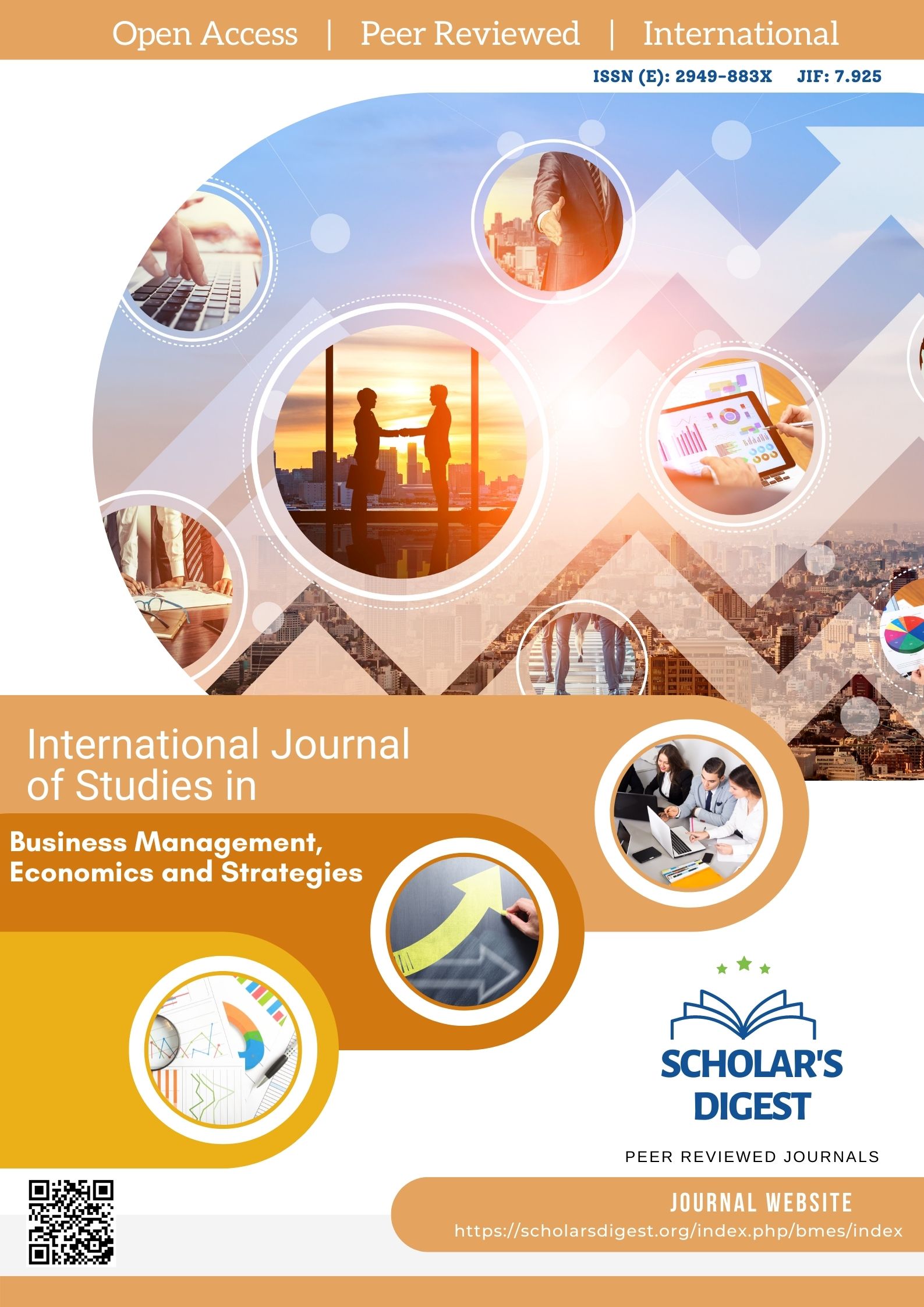THE IMPACT OF APPLYING INTERNATIONAL FINANCIAL REPORTING STANDARDS (IFRS) ON THE EFFECTIVENESS OF INTEGRATED REPORTING IN ACHIEVING TRANSPARENCY AND ACCOUNTABILITY
Keywords:
IFRS, Integrated Reporting, Transparency, Accountability.Abstract
The study examines how applying International Financial Reporting Standards (IFRS) impacts integrated reporting effectiveness, focusing on transparency and accountability, IFRS aims to standardize financial reporting globally, enhancing accuracy, comparability, and credibility of disclosures. Integrated reporting combines financial and non-financial data, improving decision-making, governance, and stakeholder trust. Effective implementation depends on strong enforcement, governance mechanisms, and professional capacity, A survey of 100 Iraqi academics, accountants, auditors, and managers revealed strong agreement that IFRS adoption improves both transparency (mean = 4.35) and accountability (mean = 4.04). Pearson’s correlation (0.825) showed a strong link between transparency and accountability. Regression analysis indicated transparency improvements explained 68% of accountability enhancement. The most important conclusions IFRS significantly improves disclosure quality in integrated reports, Transparency and accountability are strongly interlinked under IFRS, IFRS-based integrated reporting aids comprehensive stakeholder decision-making. The most important Recommendations Strengthen regulatory enforcement for consistent IFRS application, Provide targeted training on IFRS and integrated reporting, Align financial and non-financial disclosures via holistic frameworks, Engage stakeholders to ensure reports meet decision-making needs.
Downloads
Published
Issue
Section
License

This work is licensed under a Creative Commons Attribution-NonCommercial 4.0 International License.








